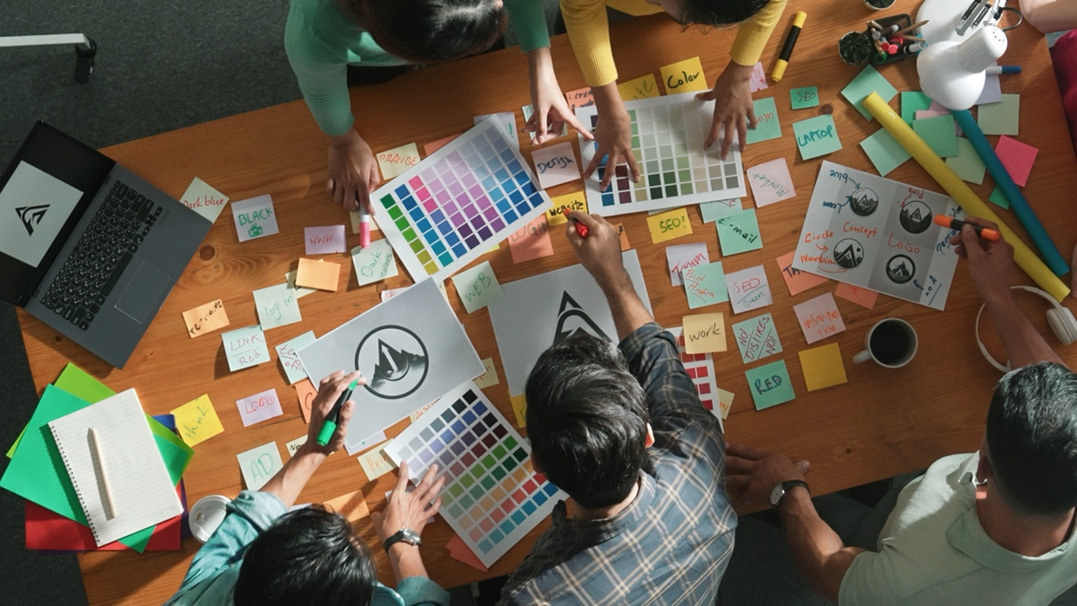When planning your educational or career journey, it’s crucial to understand the subtle, yet meaningful distinctions between knowledge, abilities, skills, and competencies. These terms often surface in job descriptions, performance evaluations, and professional development programs, but many learners and professionals use them interchangeably. By clarifying these concepts, you can more effectively map out your personal growth, highlight your strengths, and pinpoint areas for improvement.
- Knowledge: The Foundation
- What It Is: Knowledge represents the theoretical understanding you gain through study, reading, and experience. Think of it as the “what” you know.
- Example: Understanding the concepts of project management, being familiar with the labor laws of your region, or knowing the seven steps of a product development cycle.
Knowledge is your starting point. Without it, you don’t have the raw information to apply in real-world situations. However, knowledge on its own doesn’t guarantee success—it’s what you do with that knowledge that truly matters.

- Abilities: Turning Knowledge into Action
- What It Is: Abilities reflect your capacity to apply what you know in a practical context. If knowledge is theoretical, abilities make it real. Abilities are where thinking translates into doing.
- Example: The power to detect errors in documents, write a project plan, or troubleshoot a technical problem.
Abilities show that you can take abstract information and use it to accomplish tasks. They bridge the gap between knowing and doing, laying the groundwork for building more refined, automated, and measurable capabilities.
- Skills: Refined, Measurable Proficiency
- What It Is: Skills develop when an action becomes so well-practiced and honed that it’s executed almost automatically. Skills can often be tested, measured, and improved upon over time, turning basic abilities into well-defined strengths.
- Types of Skills:
- Hard Skills: Concrete, measurable professional abilities like programming in Java, managing HR records, or running statistical analyses.
- Soft Skills: Interpersonal and personal qualities—like strong communication, resilience, strategic thinking, or empathy—that influence how you work and interact with others.
Skills are crucial in the professional landscape because they’re tied directly to performance. They transform your theoretical knowledge and basic abilities into valuable, market-ready competencies.
- Competencies: The Full Package
- What It Is: Competencies encompass knowledge, abilities, skills, plus personal attributes—like leadership style, adaptability, or ethical judgment—applied in a work context. They answer the question: “How well can a person perform effectively and consistently in real-world scenarios?”
- Example: A project management competency isn’t just knowing the methodology (knowledge), being able to create a project plan (ability), or using project management software (skill). It also involves communication, organization, strategic decision-making, and leading a team toward successful outcomes.
Competencies represent the complete picture. They show not just what you can do, but how you do it, and how you adapt your approach depending on the situation.

Putting It All Together in Your Personal Development
- Identify Your Knowledge Gaps: Start with understanding what you need to learn to reach your goals.
- Practice to Build Abilities: Turn your newly acquired knowledge into action. Apply what you’ve learned through projects, exercises, or simulations.
- Refine into Skills: Repeat these actions until they become polished, reliable, and easily demonstrated. Seek feedback, track your improvements, and set measurable goals.
- Aim for Competencies: Finally, integrate your knowledge, abilities, and skills with your personal qualities. Focus on delivering results consistently, adapting to new contexts, and leading with integrity and insight.
How Edulead Can Help
At Edulead, we understand the importance of developing not just what you know, but what you can do with that knowledge—and how you do it. Our platform offers personalized guidance and resources to help you identify your current level and chart a path toward higher-level competencies. Whether you’re looking to master a hard skill, strengthen a soft skill, or develop a well-rounded professional competency, our tools and mentorship can support you every step of the way.
Conclusion
Distinguishing between knowledge, abilities, skills, and competencies empowers you to approach personal growth more strategically. By recognizing where you stand—and what’s needed to get to the next level—you can craft a professional journey that’s not only about acquiring information, but about transforming yourself into a versatile, competent, and confident individual in your field.
By Laura Sapa
Join a community of students

Copyright © 2024-2026 Edulead Solutions FZE